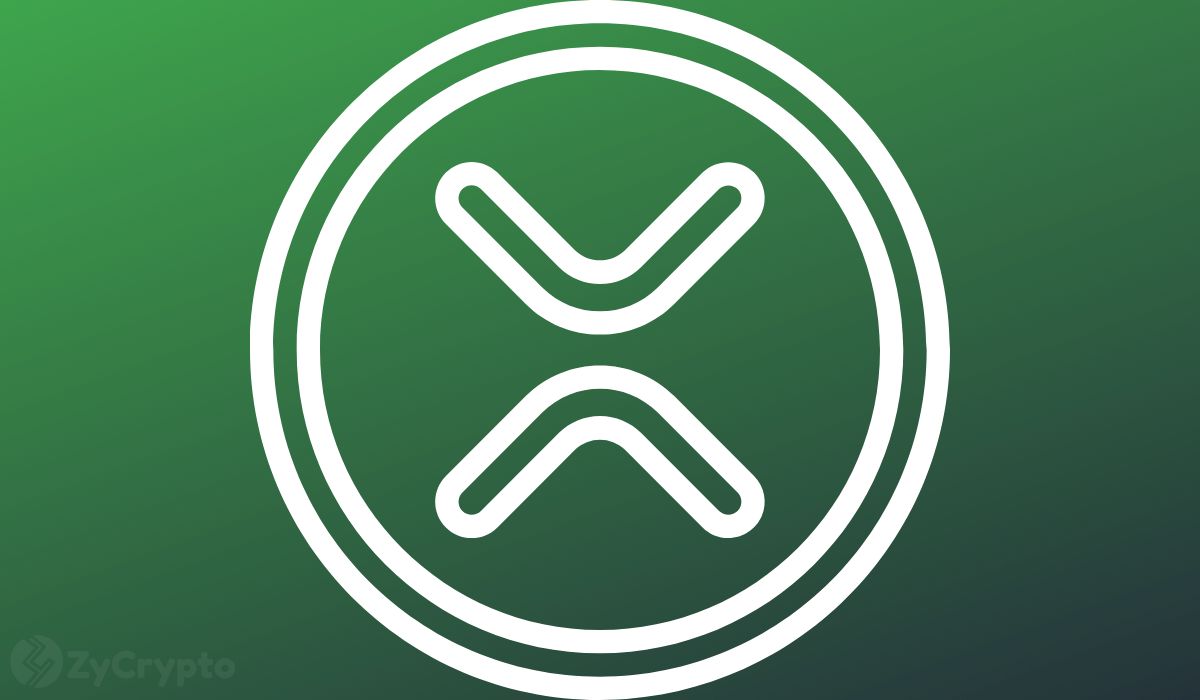According to a new report by crypto analytics company Messari, the XRPL ecosystem, underpinned by the XRP Ledger, has recently experienced tremendous growth and accomplishments. Despite sharing a slight decline in Q2, the circulating market cap of XRP has seen an impressive year-to-date (YTD) increase of 42.5%. This growth can be attributed mainly to the significant surge witnessed in Q1. Although Q2 saw a 10.7% dip in market cap, the overall growth trajectory remains robust and promising.
The XRP Ledger (XRPL), a decentralised payment system, has operated for more than ten years and enables rapid, secure, and energy-efficient cross-border and cross-currency payments. The XRPL provides a range of features, including native-issued currencies, a decentralized exchange (DEX), escrow capabilities, and token administration. XRP, the native coin of the XRPL, holds a market capitalization of $24.8 billion, positioning it as the sixth-largest cryptocurrency in Q2 2023.
Notably, the average daily volume of nonfungible token (NFT) transactions on the XRPL has increased significantly. Daily NFT transactions increased by 12.7% in Q2 to 15,500 from 13,800 in the prior quarter. This highlights XRPL’s dominance and success in the NFT and decentralised finance (DeFi) ecosystems. The NFTokenCreateOffer transaction type now accounts for over 50% of all NFT transactions, further strengthening XRPL’s position as the industry leader.
The average daily transactions and active addresses on the XRPL decreased in Q2, but it nonetheless kept exploring new opportunities for expansion and improvement. For developers of XRPL, the arrival of sidechains like Coreum and Root Network has created attractive new opportunities. In contrast to Root Network, which focuses on advancing innovations in the metaverse, Coreum focuses on security tokenization. These sidechains improve programmability, enabling programmers to explore new blockchain application domains.
The advancements in the EVM sidechain and XLS-38d bridge greatly supplement sidechain efforts. Developers are testing a novel consensus algorithm, transfers between issued currencies and ERC-20s, and more. These developments help to increase the XRPL’s functionality and make it easier for it to interact with other blockchain networks seamlessly.
The XRPL network has experienced a net growth in accounts even if average daily transactions and active addresses have decreased. In Q2, the overall number of accounts increased by 0.7% to 4.68 million. While deleted addresses saw a considerable increase, driven primarily by activity from the Poloniex exchange, new addresses stayed fairly stable.
The daily active addresses (DAA) metric may be skewed by the XRPL’s distinctive address system, which supports destination tags and accommodates many users within a single address. However, a trustworthy metric of token adoption and usage on the XRPL continues to be the number of daily active addresses.
The ecosystem of the XRPL goes beyond the XRP Ledger, including partnerships and collaborations advancing blockchain research and innovation. Notably, Ripple’s University Blockchain Research Initiative (UBRI) has partnerships with seven of the world’s top 10 university blockchain programs. This partnership between Ripple and prominent academic institutions promotes scholarly investigation, technological advancement, and innovation in the blockchain and cryptocurrency industries.
Success and development at the XRPL have not been immune from market trends and outside influences. Price movements for the XRPL have been impacted by developments in the current SEC litigation against Ripple, which started in 2020. However, the XRPL’s tenacity and expansion highlight its potential in the constantly changing cryptocurrency sector.
In conclusion, the XRPL ecosystem shows tremendous growth, supported by a boost in NFT transactions and the circulating market cap. Adding sidechains and partnerships with academic institutions strengthen XRPL’s reputation as a leader in blockchain technology. Despite a fall in Q2 network activity numbers, the XRPL’s dedication to scalability, interoperability, and creative solutions is unshakable.


